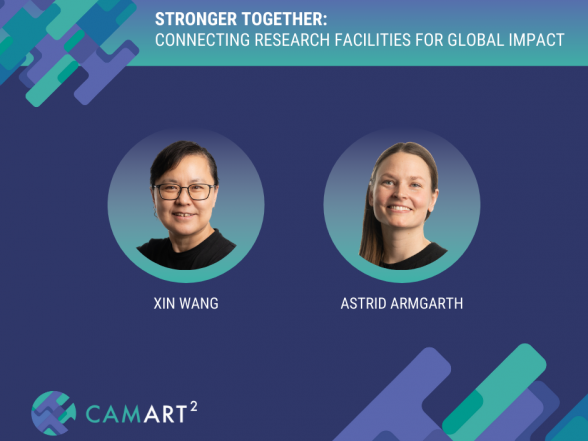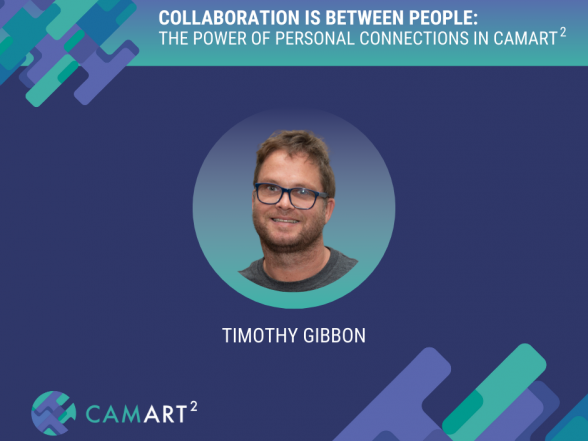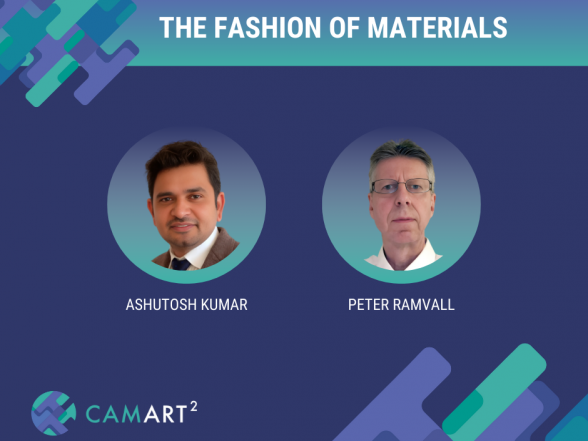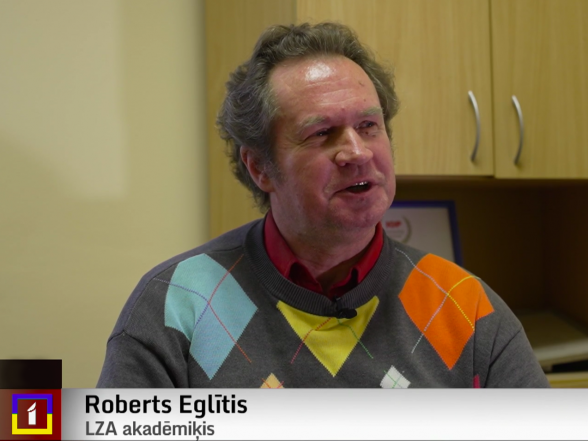LATEST NEWS
A decade of transformation and collaboration - insights from the leaders behind the success of the CAMART2 project
November 1, 2024
In September 2024, we celebrated a decade since the CAMART2 project application was submitted by a dynamic partnership: the Institute of Solid State Physics, University of Latvia (ISSP UL), KTH Royal Institute of Technology (KTH), and RISE Research Institutes of Sweden. This collaboration, which has roots extending even before CAMART2, has made a profound impact not only on the involved organizations but on almost everyone in them.
To reflect on the genesis of the CAMART2 project and its significance for all partners involved, we sat down with the key figures who have been integral since the beginning: project coordinator and former Deputy Director for Science and later Director of ISSP UL, Dr. Mārtiņš Rutkis; now retired former Director of KTH’s Electrum Laboratory, Dr. Nils Nordell; and Senior Scientist, Project Leader, and Business Developer at RISE, Dr. Teresita Qvarnström. Join us as we look at the remarkable journey of the CAMART2 project through the eyes of the people who were involved in its implementation from the very beginning.
Learn more
UPCOMING EVENT
Celebrating the legacy of CAMART2
January 31, 2025
On January 31, 2025, the project CAMART2 will conclude. CAMART2 has marked a significant milestone in our journey toward advancing materials research and technology transfer at the European level. With the support of the Horizon 2020 framework program, under grant agreement no. 739508, we have made substantial progress in promoting innovation, collaboration, and scientific excellence at the Institute of Solid State Physics, University of Latvia (ISSP UL).
The project closing event will be held on March 28, 2025, at the ISSP UL premises, featuring the participation of many distinguished guests.
Thank you to everyone who has been part of this incredible journey!
More information
NEWS & EVENTS
Feel free to contact us

Project CAMART² has received funding from the Horizon 2020 framework programme h2020-widespread-01-2016-2017-teamingphase2 under grant agreement no. 739508




